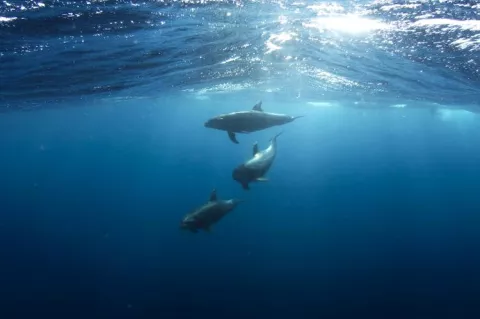AP Diving announces Firmware update
The vast majority of AP rebreather divers will have been informed of this update by email. However it has come to APD's attention that some of their registered Inspiration users have not received the mailing. This is either because the email address APD has on record is out-of-date or the mailing has been rejected by the individual's spam filter.
AP Diving has therefore made the following request.





